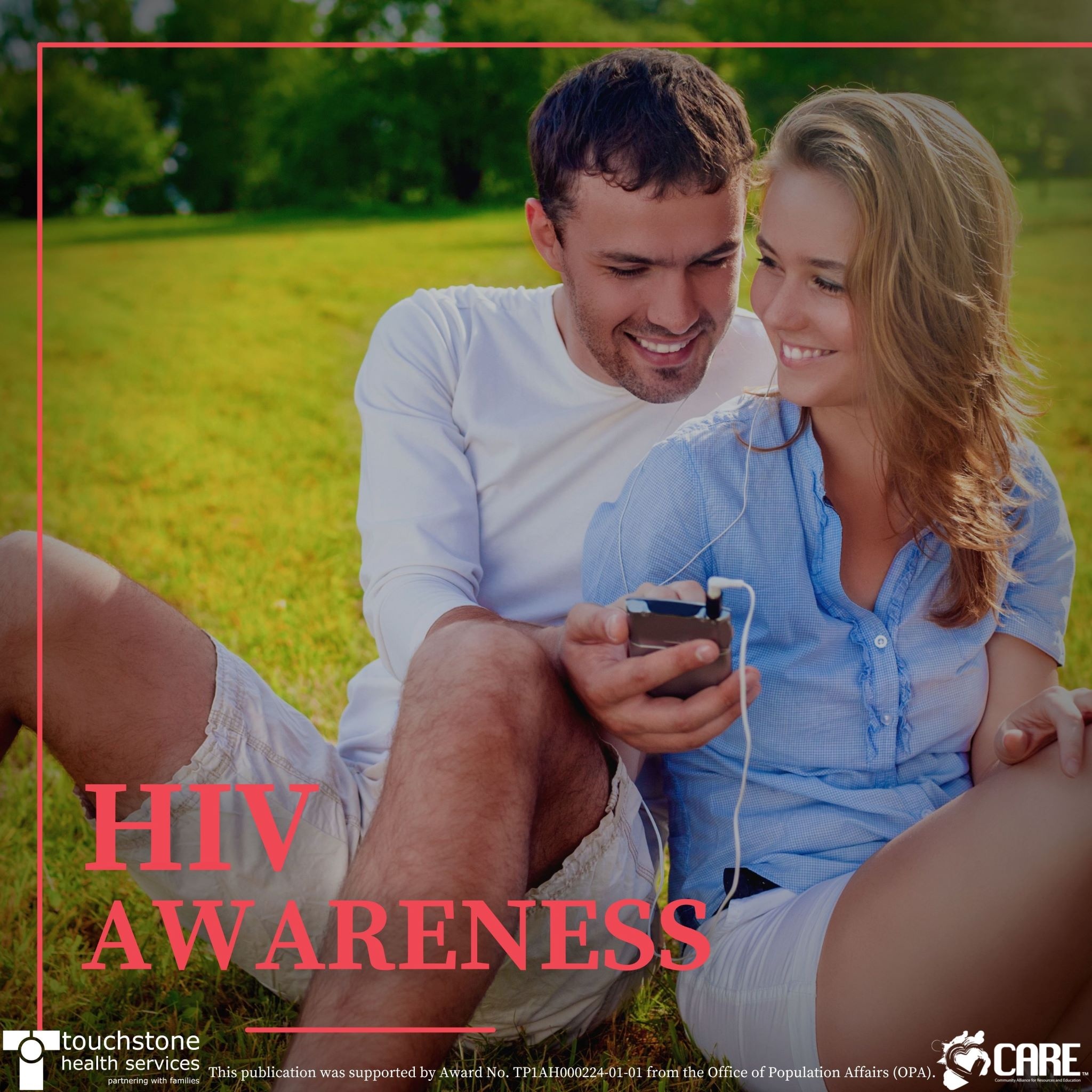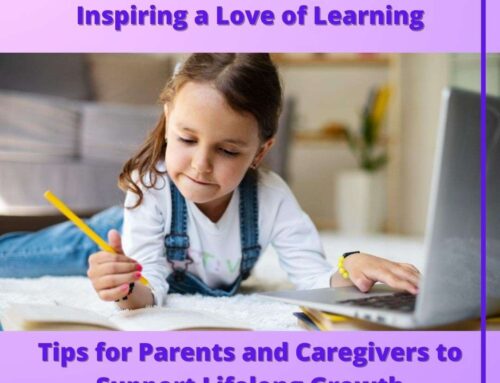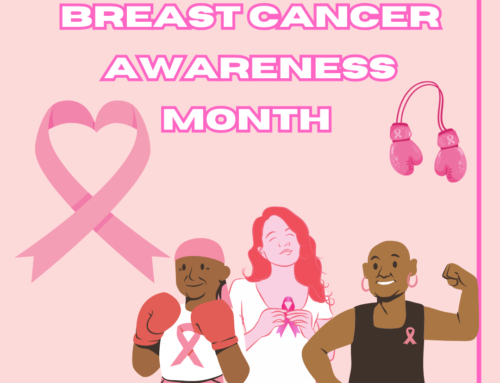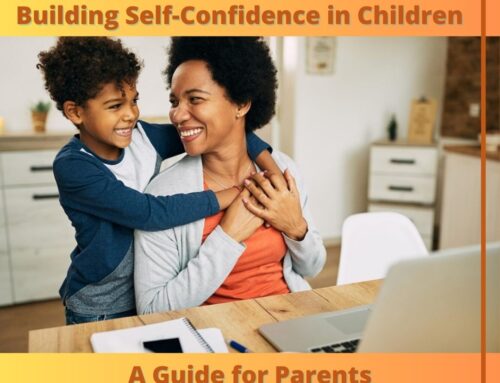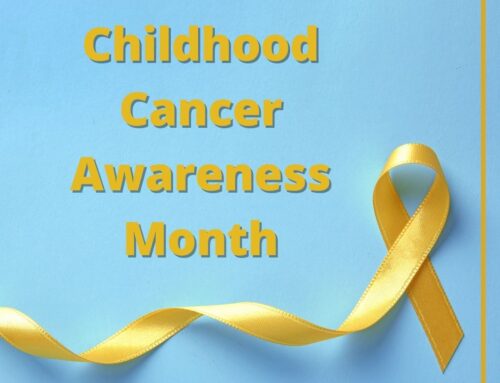Greetings Readers!
In this month’s blog post we are going to be discussing Human Immunodeficiency Virus or what most people know as HIV. The reason it is important to bring this topic to your attention is that many people around the world and in our community are unaware of some of the important aspects of this virus or simply do not know anything about it. Many people may think HIV is something they don’t need to worry much about, or some may just be misinformed.
What is HIV?
The virus can be transmitted through contact with 5 bodily fluids, infected blood, semen, vaginal fluids, anal fluids, or breast milk. Some people have flu-like symptoms within 2 to 4 weeks after infection (called acute HIV infection) Then the disease is usually asymptomatic until it progresses to AIDS. Acute HIV infection symptoms may last for a few days or several weeks. Possible symptoms include:
Fever
Chills
Rash
Night sweats
Mouth ulcers
Muscle aches
Sore throat
Fatigue
Swollen lymph nodes
But some people may not feel sick during acute HIV infection. These symptoms don’t mean you have HIV. Other illnesses can cause these same symptoms.
For many years HIV was thought to only be spread throughout the LGBTQ+ community. But this in fact is not true. The most common ways HIV is transmitted is through unprotected sex and sharing of infected needles but can also be transmitted to a child from a mother during pregnancy, birth, or breastfeeding. So how can HIV be prevented? The most important part of HIV protection is to be educated about the virus. Is crucial to understand the virus and how it spreads. Learning the different ways, the virus is transmitted will allow you to understand how to avoid contracting HIV.
It is important when looking for information about HIV to understand how to find information that is both medically accurate and up to date. Some good sites to find information are:
https://www.cdc.gov/hiv/default.html
https://www.hiv.gov/hiv-basics/overview/about-hiv-and-aids/what-are-hiv-and-aids
https://www.mayoclinic.org/diseases-conditions/hiv-aids/symptoms-causes/syc-20373524
Many of the youth in the community do not typically get the correct information when it comes to HIV and other sexually transmitted infections. They will likely gather information from peers at school, friends, or in the media. Youth cannot always have this information provided to them at school or by other professional educators, but parents can share this information with their children. Parents sometimes don’t know how to go about these types of conversations. A great way to become more knowledgeable on these types of conversations is by attending the Active Parenting of Teens program provided by Touchstone. This curriculum gives parents guidance about different ways they can approach these conversations as well as guidance in other aspects of parenting. Touchstone also provides programs for youth to help them become more informed about protecting themselves such as Making Proud Choices. For more information about programs available from Touchstone visit: https://carecoalitionaz.org/available-programs/

